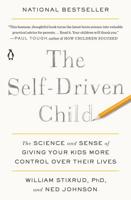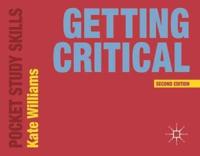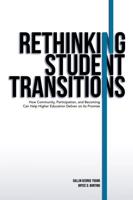Publisher's Synopsis
Challenging Behaviour and Developmental Disability brings together a range of evidence from different fields forming a coherent theory of challenging behaviour.
The result is not only a better understanding of the nature of challenging behaviour in people with developmental disabilities, but also a clear delineation of the basic principles that guide assessment and intervention.
The authors explore the various individual traits, social contexts and environmental factors that influence the development and persistence of aggression, self injury, extreme tantrums, and other forms of challenging behaviour.
Ethical issues that arise in supporting individuals with challenging behaviour in typical home, school and community settings are exposed, as are difficulties of designing treatments without knowledge of the causes of behaviour.
Reliance on the more typical technique-driven approach is discarded in favour of an evidence-based approach that focuses on the basic principles that underlie effective interventions.
With its focus on the basic principles that underlie effective clinical practice, this book will be a tremendous asset to graduate students, beginning researchers and clinicians in psychology, special education, speech and language pathology, occupational therapy, social work and related disciplines.









